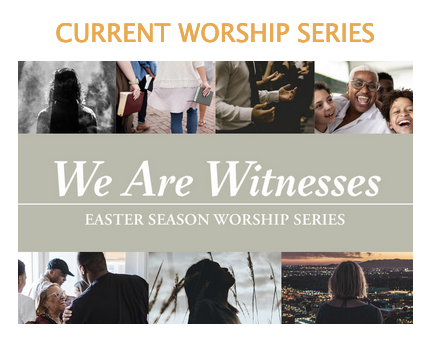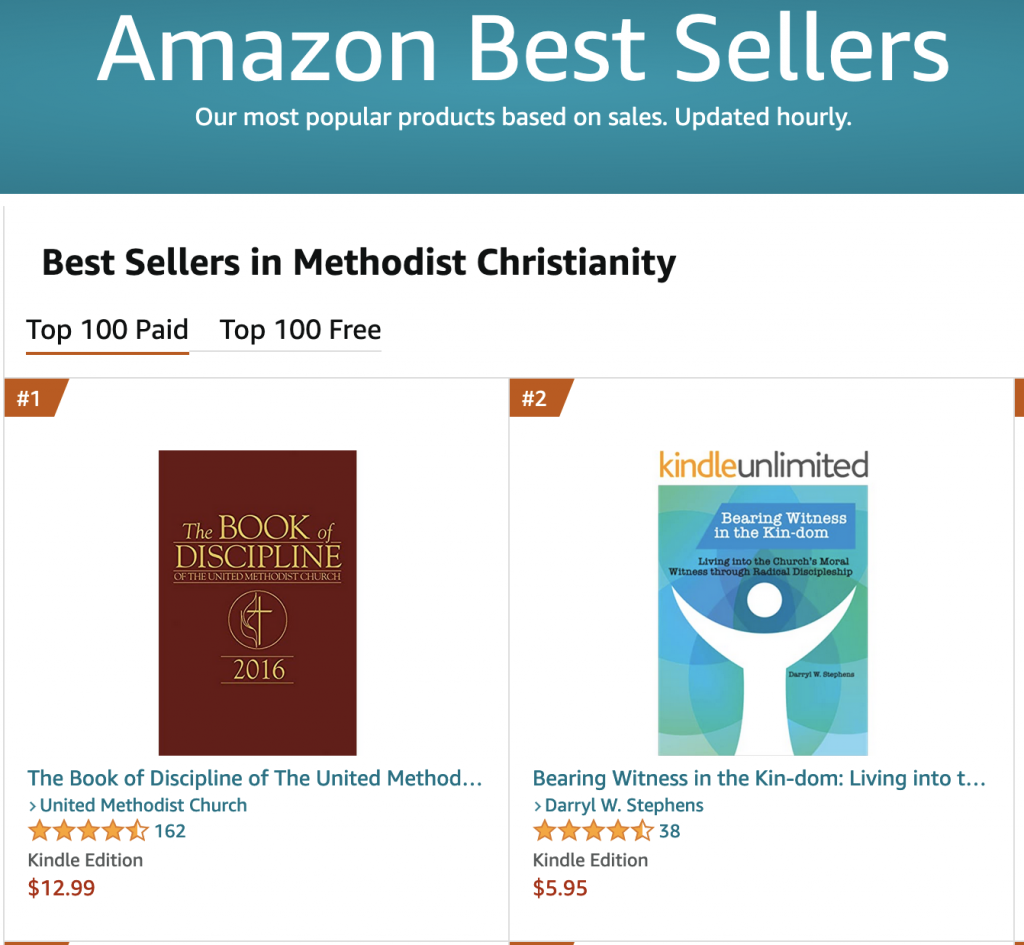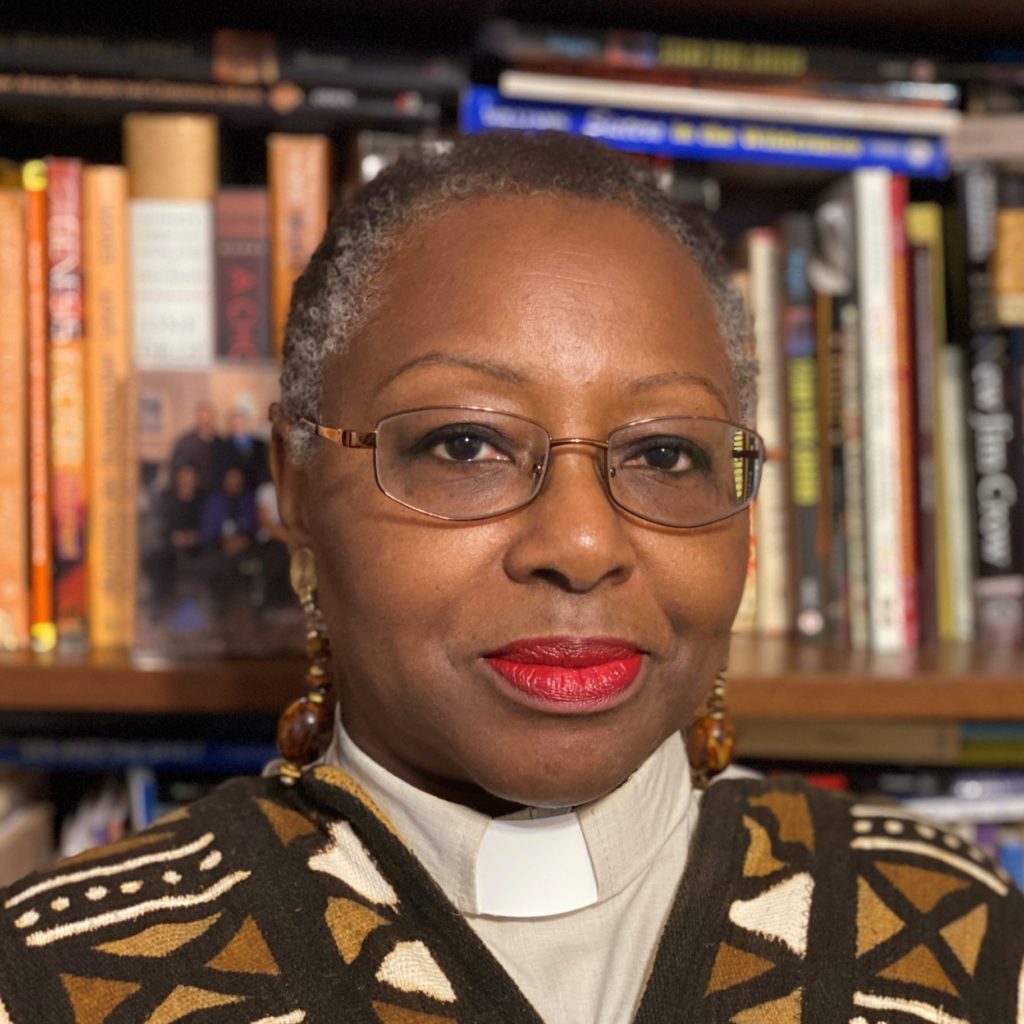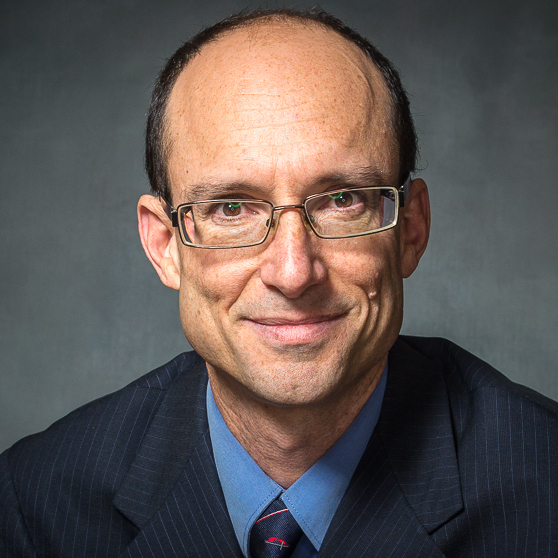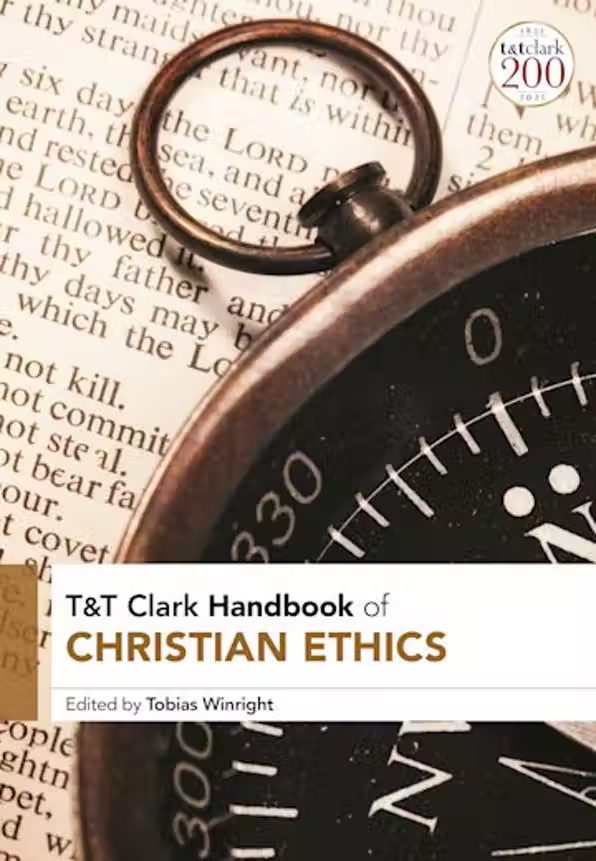With the ongoing Russian invasion of Ukraine, church leaders may wonder what their tradition teaches. Recently, I was asked about Methodist perspectives on war and peace. It’s all over the map.
Methodists in the United States are as conflict averse as they are patriotic. This presents a conundrum when the nation is at war. Historically, United Methodism teaches that “war and bloodshed are contrary to the gospel and sprit of Christ.” However, Methodists have been active in all major wars fought by or within the United States. For example, Methodists fought on both sides of the Civil War. Today, Methodists honor those who serve in the military as well as support those who conscientiously object to military service. The UMC also supports individuals who engage in civil disobedience in response to unjust laws.
Methodist theologians have practiced and defended the entire range of stances on war and peace. Stanley Hauerwas and Stephen Long teach that the church should be pacifist. Paul Ramsey promoted the principles of Just War theory, which teaches that war may be considered only as a last resort. Ramsey argued that defending a neighbor by force, if necessary, was an act of love. Many Methodists (such Robin Lovin and Rebekah Miles) approach the issue of war through the lens of Christian Realism, arguing that armed conflict may be the best of the available, sin-filled options for achieving an approximation of justice.
Perhaps most prominent within Methodist theology and practice are efforts at peacebuilding. Methodists were instrumental in forming the United Nations and writing the Universal Declaration of Human Rights. Methodists, such as Walter Wink and Nelson Mandela, worked to achieve social change through non-violent resistance, notably in South Africa. Still other Methodists, such as Ellen Ott Marshall, promote conflict transformation and Just Peacemaking, teaching proactive measures for resolving conflict prior to the last resort of war. Methodists have also advocated for nuclear disarmament, promoted Millennium Development Goals, prioritized care of creation, and welcomed refugees.
Methodist responses to the current crisis in Ukraine look different outside the United States. Missiologist David W. Scott recently discussed how Methodists React to Russian Invasion of Ukraine from around the world. Relationships among and between United Methodists in Ukraine and Russia hold particular gravity (and perhaps also promise) because they are part of the same episcopal area.
As Methodists in the United States pray for peace in Ukraine, here are some additional resources:
The UMC’s Peace with Justice Covenant Congregation Program, for congregational study
The General Board of Church and Society: https://www.umcjustice.org/what-we-care-about/peace-with-justice.
